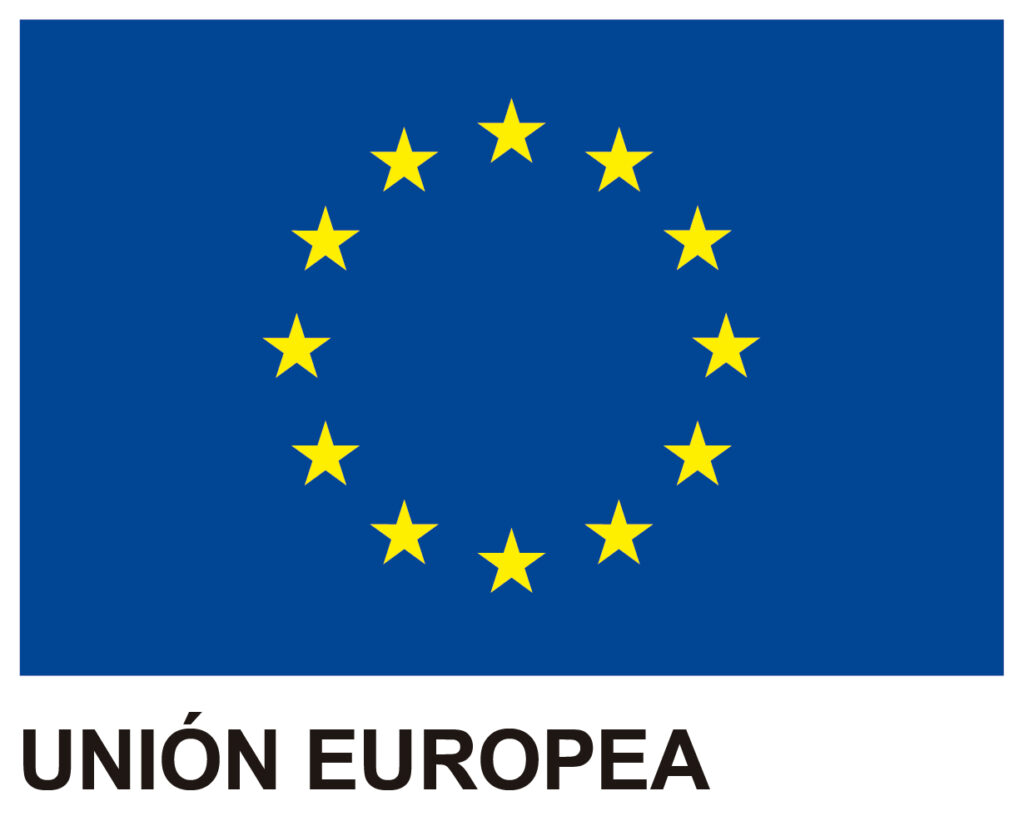The ISO 42001:2023 standard has been established as the first international standard dedicated to Artificial Intelligence Management Systems (AIMS), marking a significant milestone for companies that develop, provide, or use AI-based services. This standard provides a framework for the responsible development and use of artificial intelligence, offering essential guidelines to ensure that the technology is reliable, transparent, and ethical.
ISO 42001:2023 for Artificial Intelligence: an In-Depth Perspective
The ISO 42001:2023 aims to ensure that organizations use AI systems responsibly, focusing on the reliability, transparency, and ethics of these technologies. It not only addresses the benefits of AI but also considers its potential risks, especially in terms of impact on individuals affected by its application.
This international standard is applicable to any organization, regardless of its size, legal form, or the sector in which it operates, including both public and private entities. It provides a basis for certification, supporting companies’ commitment to ethical and responsible use of AI.
Objectives and Applicability of the ISO 42001:2023 Standard
The ISO 42001:2023 aims to ensure that organizations develop or use AI systems responsibly, promoting that these technologies are reliable, transparent, and responsible; addressing not only their benefits but also their risks, especially in terms of analyzing the impact on subjects affected by AI.
However, the standard emphasizes that it does not seek to define specific guidelines on the system management process. Organizations can combine other International Standards or their own experience to apply crucial processes such as risk management, lifecycle management, and data quality management.
Which Companies is this Standard Focused on?
Regarding the applicability of the standard, the guidelines included are generic and can perfectly apply to any organization, regardless of its legal form, size, or activities carried out. Likewise, it can apply to both public and private organizations.
What is the Path to Certification of the Standard?
The AI Management System must be integrated into the organization’s processes and its overall management structure. Organizations will need to determine their objectives, use cases and AI systems/technologies used, identify stakeholders involved in the processes, and establish an AI usage policy in the organization, among other requirements.
In this regard, organizations can choose to apply these requirements using a risk-based approach to ensure that the appropriate level of control is applied to specific AI use cases, services, or products used within the context of the organization. To this end, the standard distinguishes three crucial processes: AI risk analysis, AI risk treatment, and AI impact assessment regarding the subjects affected by it.
Given that the future of Artificial Intelligence will be in constant change and evolution, it is expected that all these influencing factors identified in the implementation of the AIMS will change. Therefore, organizations must implement change review processes from time to time.
Similarly, the implementation of AI-based technologies will depend not only on adequate infrastructure and systems but also on employee knowledge and awareness. Organizations will need to invest in ensuring that employees acquire the necessary knowledge to understand and use AI tools ethically, efficiently, and in alignment with their values.
Lastly, the involvement of Governance Bodies or Top Management will be essential in leading the implementation of the AIMS; as well as defining all those roles that will participate in the system, along with their respective responsibilities. The creation of AI Oversight Committees in organizations is an increasingly close reality in the business world.
Benefits of Obtaining ISO 42001:2023 Certification
The benefits of certifying in ISO standards are well known, reinforcing the image of organizations. A new reality is approaching with the arrival of Artificial Intelligence in practically all organizational processes, therefore, they must be prepared and have robust management systems to ensure ethical and responsible use of these technologies. Specifically, some of the benefits of certifying in ISO 42001:2023 would be the following:
- Comply with the new European regulatory framework on Artificial Intelligence, as well as with personal data protection regulations and any other that may apply in the context of the organization’s AIMS.
- Helps organizations in identifying and reducing risks associated with AI implementation, thus contributing to increased efficiency and decreased expenses.
- Promotes the creation and use of AI systems and providers that are reliable, transparent, and responsible.
How We Can Help You Implement the ISO 42001:2023 Standard
GlobalSuite Solutions emerge como un aliado estratégico en la implementación de la norma ISO 42001 de Inteligencia Artificial, proporcionando soluciones integrales que simplifican y eficientizan el proceso hacia la certificación. Con una amplia experiencia en la gestión de sistemas de cumplimiento normativo, nuestra plataforma ofrece herramientas avanzadas y asesoramiento experto para asegurar que su organización cumpla con los estándares internacionales de IA de manera efectiva. Desde la evaluación inicial de riesgos hasta la integración completa del Sistema de Gestión de Inteligencia Artificial (SGIA) en sus procesos organizacionales, GlobalSuite Solutions facilita cada paso del camino. Nos comprometemos a convertir los desafíos de la certificación en oportunidades para mejorar la transparencia, la fiabilidad y la responsabilidad de sus aplicaciones de IA, fortaleciendo su posición en el mercado y reforzando su compromiso con la innovación responsable.
Para comenzar a transformar el futuro de su empresa con Inteligencia Artificial de manera responsable y eficiente, contáctanos hoy mismo
Quizá te puede interesar:



